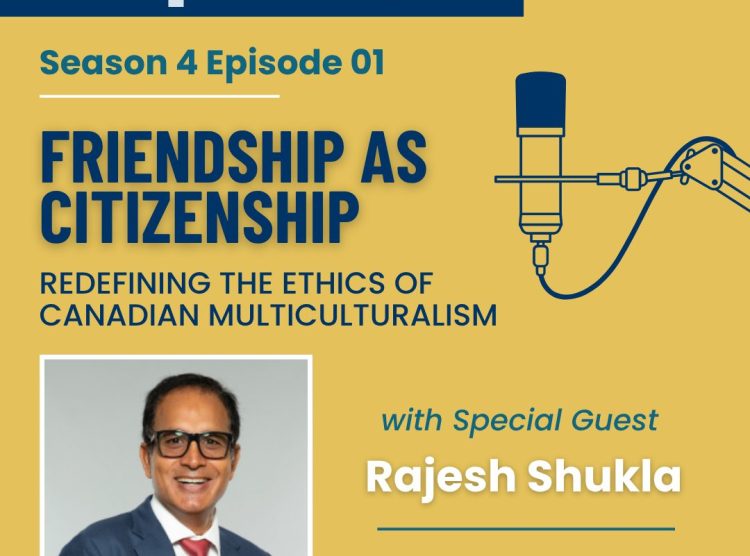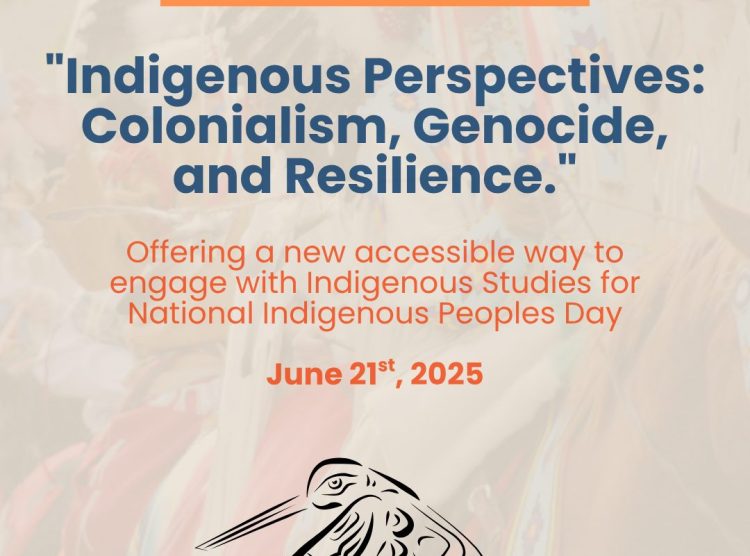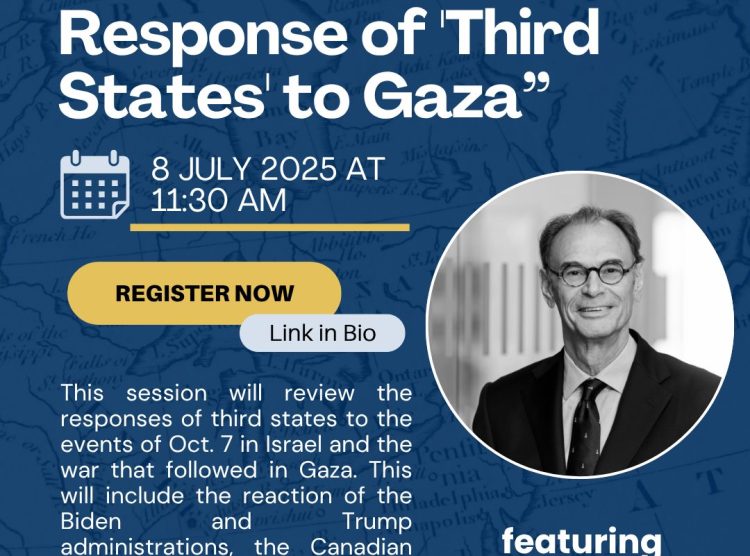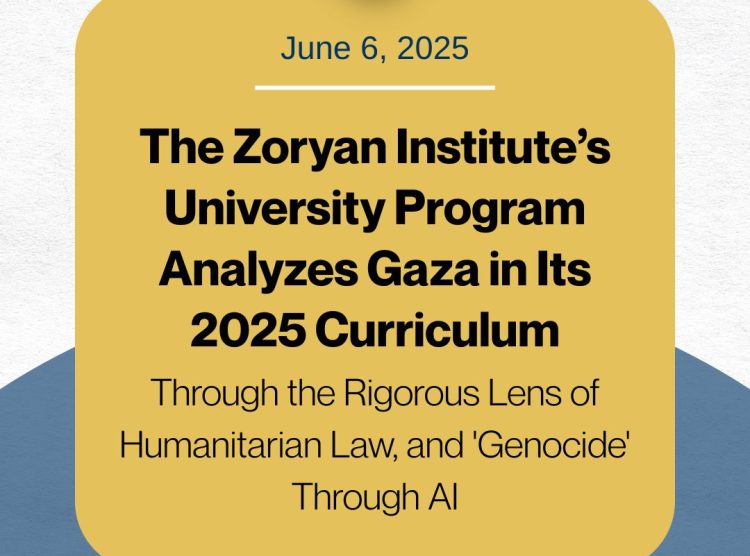The George Washington University Law School and the International Institute for Genocide and Human Rights Studies are co-organizing a major symposium titled, “State Oppression, Violence against Minorities, and the Possibilities for Remedial Secession and Independence: An International Conference.”
The conference will explore issues surrounding the inherent conflict between two UN principles—the territorial integrity of states and the right of self-determination of peoples—through the prism of a third UN principle, the Universal Declaration of Human Rights. Attendance is free, however, due to space limitations, pre-registration is required. To register, please contact Ms. Silena Davis at sdavis@law.gwu.edu before March 30, 2015.
Tuesday, April 7 and Wednesday, April 8, 2015
The Jacob Burns Moot Court Room
The George Washington University University Law School
2000 H Street, NW
Washington, DC 20052
Register here: https://ssl.law.gwu.edu/webforms/Fac_Self_DeterminationConf.html
Tuesday, April 7
2 pm: Welcome Remarks
Associate Dean Susan L. Karamanian, Burnett Family Professorial Lecturer in International and Comparative Law and Policy
Introduction to Conference Theme
Roger W. Smith, Chairman of International Institute for Genocide and Human Rights Studies, Professor Emeritus of Government, College of William and Mary, Williamsburg, VA
diZeriga Lecture-Keynote – “Does International Law Allow the Use of Force in Support of Self-Determination Movements”
Professor Dapo Akande, Professor Public International Law; Yamani Fellow, University of Oxford
3 pm: Panel 1 | “Self-determination and Territorial Integrity”
Moderator: Professor Ralph Steinhardt
GW Law Panelists:
Professor Hurst Hannum, The Fletcher School of Law and Diplomacy, “The International Law of Self-Determination and Territorial Integrity”
Philippe Kalfayan, Council of Europe; Former Secretary General of FDIH (International Federation for Human Rights League), “When Does the Right to Self-Determination Become a Struggle for Independence”
Professor Linda A. Malone, William and Mary Law School, “The Challenge of Self-determination in Democratic and Non-Democratic States”
4.30 pm: Panel 2 | “Case Studies of Self-Determination—Successful, Failed, and Contested”
Moderator: Professor Francesca Bignami
GW Law Panelists:
Somaliland – Professor Chiara Giorgetti, University of Richmond School of Law
Kosovo – Professor Sean Murphy, GW Law
South Sudan – Professor Jure Vidmar, University of Oxford, Maastricht University
5:45 pm: Reception – Kelly Lounge
Wednesday, April 8
9 am: Panel 1 | “Case Studies of Self-determination—Successful, Failed, and Contested”
Moderator: Professor Edward Swaine
GW Law Panelists:
“The Russian ‘Near Abroad’: The Frozen Conflicts and Ukraine” – Professor Christopher Borgen, St. John’s University Law School
East Timor – T. Kumar, International Advocacy Director, Amnesty International
Biafra, Katanga – Professor Frédéric Mégret, McGill University Faculty of Law
The Impact of the Collapse of the Soviet Union on Republics on Self-Determination in the Caucuses, – Professor Paul Williams, American University Washington College of Law
10:15 am: Coffee Break
10.30 am-Noon: Panel 2 | “Self-determination versus Territorial Integrity: Lessons for the Future”
Moderator: Dinah Shelton
GW Law Panelists:
Professor Lea Brilmayer, Yale Law School, “What New International Legislation and What New International Bodies Are Needed to Resolve and Enforce the Right to Self-Determination of Oppressed Enclaves?”
Professor Paul Williams, American University Washington College of Law, “The Lessons of Failed Efforts at Independence”
Professor Harris Mylonas, The George Washington University Elliott School of International Affairs, “International Competition, Border Fixity, and the Future of Secessionist Movements”
Commentator: Professor Hurst Hannum
The Fletcher School of Law and Diplomacy
12:15 pm: Lunch
1 pm: Closing Discussion




